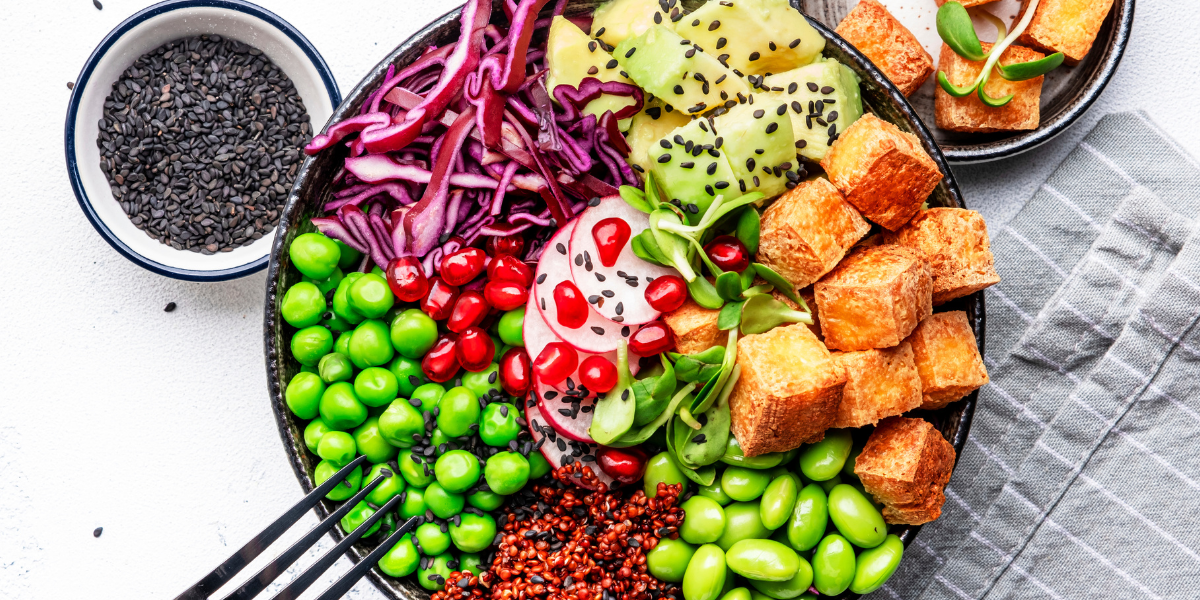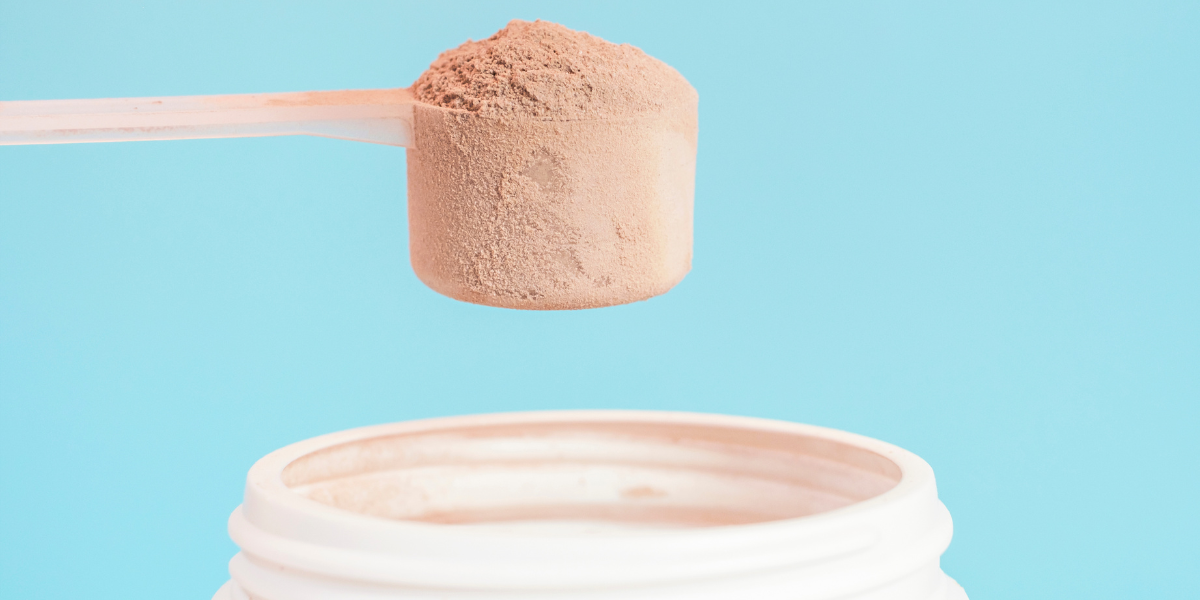Today’s consumers are redefining the role that food plays in their daily lives. Rather than seeing it purely as sustenance, there’s a growing awareness of the connection between nutrition and emotional wellbeing. With 66% of consumers globally now interested in cognitive health products, brands are expected to make space on the shelves for unique food and drinks that cater to this shift in appetite.

Scientific influence in food
The discussion about the connection between the brain, gut and overall wellbeing is not a new one. Research proves that what we eat can directly impact our memory, concentration and focus. So, there’s a growing consumer demand for products that support better mental performance at work, home and play. And this, in turn, has driven a growing scientific interest in ingredients like adaptogens and nootropics – two ‘superplants’ supporting cognitive health.
Nootropics are natural substances designed to enhance our brain health and cognitive performance by boosting blood circulation and oxygenating the brain, while adaptogens reduce mental and physical stress by regulating the release of cortisol. As consumers remain concerned about external stressors like the cost of living and the lingering effects of the pandemic, they’re turning to these unique products as tools to ‘future-proof’ their cognitive wellbeing.
Alternatives to caffeine
As general concerns around caffeine’s impact on health rise, ‘lower-caffeine’ alternatives are entering the market with aims to create a sustainable and balanced energy release that helps consumers beat the caffeine crash:
Mission: Mission provides products with 100% natural ingredients that induce a slower release of energy. Its Yerba Maté Tea blend helps with focus and clarity.
Café Libre: This start-up aims to deliver uncompromising low-caffeine coffee that “will make you feel great all day”.
Peak Rise: Ashwagandha and natural caffeine from the guayusa superleaf combine to provide a peak start of clarity and focus followed by sustained wellness and sugar levels.

Functional drinks
Hydration’s not the only thing we want from our drinks. Consumers are seeking energy, a buzz, vitamins and digestion support. They’re filling up on functional drinks (containing those sought-after, spirit-lifting ingredients) making it one of the fastest-growing markets in the beverage industry.
Introducing Beyond, the UK’s first-ever ‘mental performance drink’, which hit the shelves in Tesco this year. Beyond NRG uses nootropics, vitamins, minerals and clean green caffeine – a combination designed to kickstart the brain’s functionality and creativity.
Expect more pre-workout supplement drinks (not just for the body – but for the mind) to enter the market. Consumers are looking for low-calorie, sugar-free and focus-inducing drinks that tick all the boxes for their health and wellbeing needs.
A flash in the pan, or here to stay?
Post-pandemic, people are generally more vigilant about their health. Hand washing, mask wearing and social distancing not only improved our immunity, but also taught us the value in taking charge of our own wellbeing.
We’re living longer, and we’re armed with knowledge from the internet and social media – we know that protecting the brain is just as important as protecting the body. And there’s greater acceptance among consumers that what we eat and drink matters. There might be a new superfood every week, but wellness is here to stay.
Continued research is needed before emerging cognitive ingredients can go mainstream, proving their efficacy as they do so. Regulatory approval of claims made about such ingredients is currently sparse – and we know that brands have a responsibility to be transparent and educate consumers with evidence-based information.
So, expect see a shift towards products that speak to very specific aspects of cognition such as focus, memory, attention and mood. Ensure any benefits of your products are clearly outlined, without making false claims to make use of this growing market.
This article is an extract of our EAT insight report for 2023-2024, click here for access to the full report.